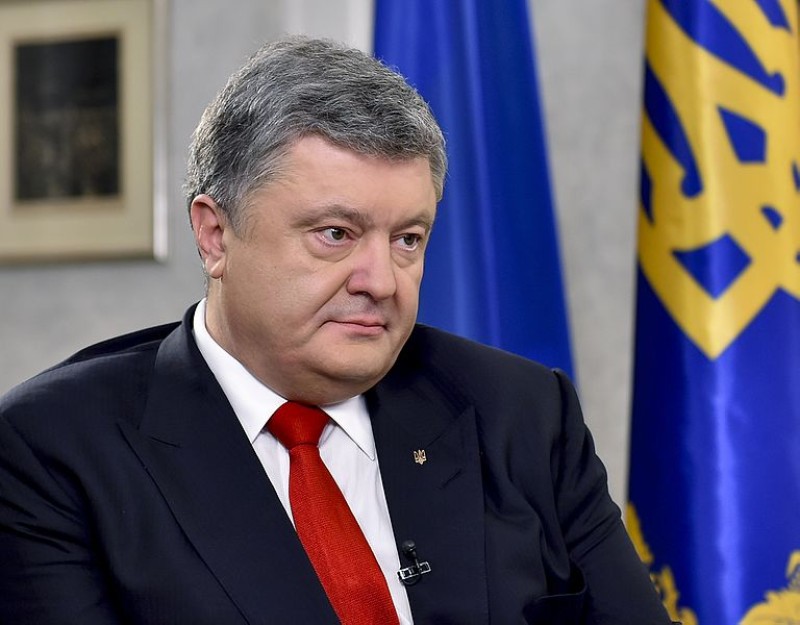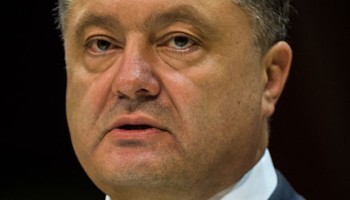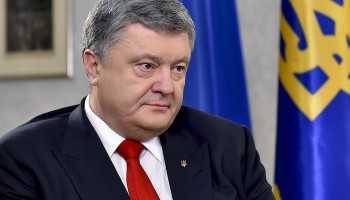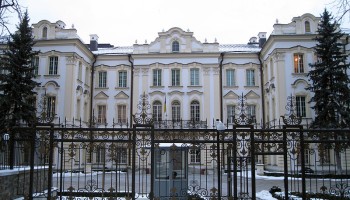The court’s creation had been stalled for several months since Justice Minister Pavlo Petrenko announced in December that the country will pass the new anti-corruption bill by February
The International Monetary Fund conditioned its next round of funding of US$ 2 billion with the creation of the special court, pension reform and with Ukraine maintaining gas price commitments, reports Reuters.
Proponents of the court argue that it is necessary to try corruption cases and work to establish credible rule of law. The National Anti-corruption Bureau of Ukraine (NABU) has forwarded 116 high-profile corruption cases to Ukrainian courts since 2015 and conducted almost 500 criminal investigations, though progress on the cases has been slow or nonexistent.
There is concern that the current draft would not harmonize with the recommendations given by the Venice Commission. The Commission, formally called the European Commission for Democracy through Law, provides legal advice to Council of Europe members.
In response to this and concerns from the IMF, Ukraine’s government said that the legislation will be changed to comply with these recommendations before it’s final approval.
“The law should be definitively approved in the spring,” President Petro Poroshenko said during a televised address Wednesday. He reiterated his support in a Facebook post the following day after the draft law’s approval.
Nazar Kholodnytsky, the head of the Specialized Anti-Corruption Prosecutor’s Office (SAPO), is less optimistic than the president due to the complexity of organizing the court. “I’m not sure it will start work by the end of the year. On the contrary, I’m sure it won’t,” he told Interfax-Ukraine.
Fears exist that Poroshenko and officials have purposefully stalled the anti-corruption court’s creation. In Transparency International’s Corruption Perception Index 2017 Ukraine was listed as 130th out of 180 countries, indicating high levels of corruption.






